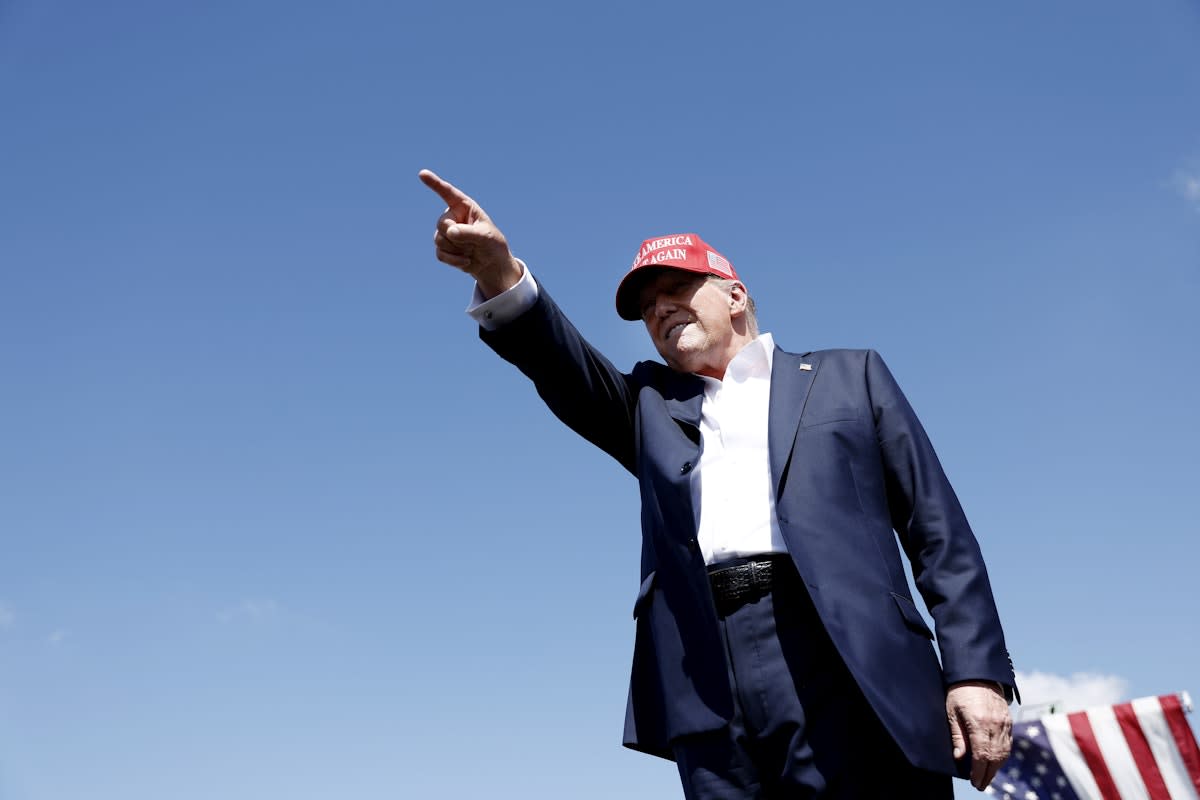Supreme Court Trump Immunity Ruling Already Having Terrifying Effects

- Oops!Something went wrong.Please try again later.
- Oops!Something went wrong.Please try again later.
The work to undo Donald Trump’s criminal charges—and his recent conviction—in light of the Supreme Court’s ruling on presidential immunity has already begun.
Hours after the ruling Monday, the former president’s legal team requested that Judge Juan Merchan set aside Trump’s hush-money conviction and delay the sentencing scheduled for next week, citing the Supreme Court’s expansion of presidential immunity.
Trump’s attorneys argued that some evidence presented in the case constituted official presidential acts, according to a copy of a letter obtained by the Associated Press. That could refer to some of the communication Trump had about his former fixer Michael Cohen, which his legal team had previously attempted to redact from the trial on the same presidential immunity claim. But that was before the Supreme Court expanded the definition of immunity.
“Under our constitutional structure of separated powers, the nature of Presidential power entitles a former President to absolute immunity from criminal prosecution for actions within his conclusive and preclusive constitutional authority,” read the consequential ruling. “There is no immunity for unofficial acts.”
The high court’s decision already effectively killed Trump’s federal election interference trial, which sought to hold Trump accountable for his role in the effort to overturn the 2020 election results and the far-right mob that stormed the U.S. Capitol building on January 6. Now it could overturn one of the few cases where Trump is being held accountable.
Trump was accused of using Cohen to sweep an affair with porn star Stormy Daniels under the rug ahead of the 2016 presidential election. He was convicted on 34 felony charges in May for allegedly falsifying business records with the intent to further an underlying crime in the first degree. Merchan could sentence Trump to up to four years in prison on the charges. He could also impose probation, supervised release, or order Trump to do community service or pay fines.

